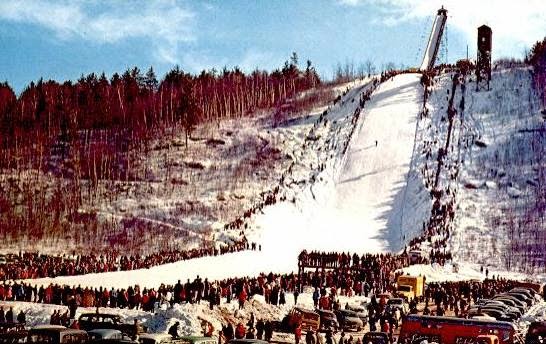CHRIST
IN WINTER: Reflections on Faith from a Place of Winter for the Years of Winter…
©
[The moving van comes on
Monday, so this is probably my last post for the next week or so.]
A young woman recently
told me that I am one of her “touchstone people.” [1]
That’s a wonderful
compliment. It means she thinks of me as a “small tablet of dark stone, such as
fieldstone or lydite, used for assaying precious metals.” In other words, you
rub gold on a touchstone and can tell how pure the gold is by the marks it
leaves on the stone.
Or she might mean that I’m
one of those persons who is a “measure by which the validity of a concept can
be tested.”
Helen had a high school
student once whose test paper she used to grade the tests of the other
students. She said that Amy’s answers were more accurate than those in the text
book. Amy was a touchstone.
It’s humbling to be a
touchstone. I’m not sure I want anyone using my life as a measuring stick. I
doubt that I’m more accurate than the text book.
We all need touchstone
people, though. That’s the whole point of Jesus. God is just too far away, too
transient, for we mere mortals to get the point. But Jesus is a human being,
just like us. We can look at him and get the point. WWJD? He’s he touchstone.
I’ve mentioned before how
Helen uses WWAGD? She says, “Sometimes it’s hard even to understand Jesus, so WWJD?
doesn’t work. So I ask, What would Aunt Gertrude do?” AG is a touchstone.
I’ve had and have a lot of
touchstone people. I give thanks for them. They’ve helped me get the point when
I wasn’t able to do it on my own.
One of these was my high
school principal, Marlin Kell. He was a severe looking man, and very stern, but
he understood people. If you chose to do wrong, he was very strict and made you
pay the price. If you were trying to do right, though, and just messed up, he
was very compassionate. He made you pay the price for your mistake, but he
would go out of his way to help you get the point so you could do it right the
next time, be it geometry, his teaching subject, or life.
It was exciting on those
rare lunch times when he would shed his brown suit coat, put on a pair of
sneakers, and join us on the basketball court, still in his suit pants and
white shirt and tie. He would line us up on both sides of the court and take
his place at the free throw line. The boy first in line on his right would pass
Mr. Kell the ball and break for the basket. At just the right moment, our
principal would throw a no-look, one-bounce pass behind his back just as the
boy got to the basket, where he would grab the ball and lay it in. At the same
moment that Mr. Kell threw that pass, the boy first in line on his left would
throw the second ball to him and break for the basket. At just the right
moment, Mr. Kell would throw that patented no-look, one-bounce pass behind his
back, and the process would start with the second boy in each line.
That’s how it worked,
technically. We tried to do it right, but sometimes we messed up, the pass
going through our hands, or missing the layup. But sometimes Mr. Kell messed
up, too, throwing the pass too soon or too late. He understood that even when
trying to do it right, we sometimes got it wrong, but we could still work
together and have fun.
I think he made those
forays onto the court primarily because he liked them, and because it made it
easy for him to keep the trouble-makers under observation and control. But I
suspect he was also teaching, showing us that it was more fun if you did things
right, but if you made a mistake, what you did was go get back in line and do
it better next time.
I think God for the
touchstones. And the touchbasketballs.
John
Robert McFarland
1]
Okay, so Mary is in her 60s and retired, but she was 18 when I met her, and I’m
still much older than she is, so she’ll always be a “young” woman to me.
The
“place of winter” mentioned in the title line is Iron Mountain, in Michigan’s
Upper Peninsula [The UP], where life is defined by winter even in the summer!
[This phrase is explained in the post for March 20, 2014.]
I
tweet as yooper1721.
